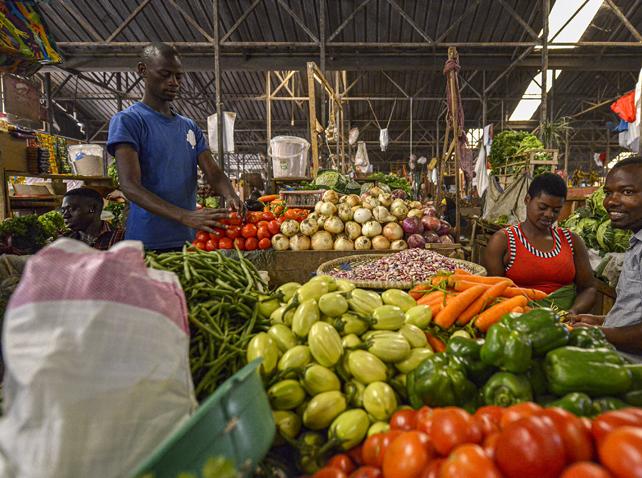Africa’s agribusiness sector is undergoing a remarkable transformation, and at the heart of this change are innovative solutions like cold storage. In this blog post, we will explore the pivotal role that cold storage solutions play in revolutionizing agribusiness in Africa. From reducing post-harvest losses to extending product shelf life, the integration of cold storage technology is reshaping the landscape of agriculture across the continent.
The Challenge of Agribusiness in Africa
Africa boasts a rich and diverse agricultural landscape, but the agribusiness sector has long been plagued by challenges such as inadequate infrastructure, post-harvest losses, and limited market access. These challenges have hindered the growth of the sector and posed obstacles to food security and economic development.
Cold Storage as a Game-Changer
Reducing Post-Harvest Losses
Post-harvest losses have been a significant concern for African farmers. Fruits, vegetables, and other perishable products often spoil due to inadequate storage facilities and unreliable power supply. Cold storage solutions, equipped with solar technology, have emerged as a game-changer. They offer a reliable means of preserving produce, reducing losses, and ensuring that more food reaches the market.
Extending Shelf Life
Cold storage solutions provide a controlled environment where temperature and humidity levels can be optimized. This helps extend the shelf life of agricultural products, allowing them to be stored for longer periods without losing quality. This is particularly crucial for products that need to be transported to distant markets.
Diversifying Product Offerings
With the availability of cold storage, farmers can diversify their product offerings. They are no longer limited to crops with short shelf lives but can venture into producing high-value, perishable goods, such as dairy products, meat, and seafood, opening up new revenue streams.
Accessing Export Markets
Cold storage solutions meet the stringent requirements for exporting agricultural products. This means that African farmers and agribusinesses can tap into international markets, increasing their income and contributing to the growth of the continent’s economy.
Investing in the Future
As the demand for food continues to rise in Africa, the integration of cold storage solutions into agribusiness becomes increasingly vital. Governments, organizations, and private sector investors are recognizing the potential of these technologies to boost food security, create jobs, and drive economic growth.
Conclusion:
Cold storage solutions are undeniably powering Africa’s agribusiness by addressing critical challenges and unlocking new opportunities. They are enhancing food preservation, reducing waste, and enabling farmers and entrepreneurs to tap into both local and international markets. As Africa’s agribusiness continues to evolve, the synergy between cold storage technology and agriculture promises a more prosperous and sustainable future for the continent.

